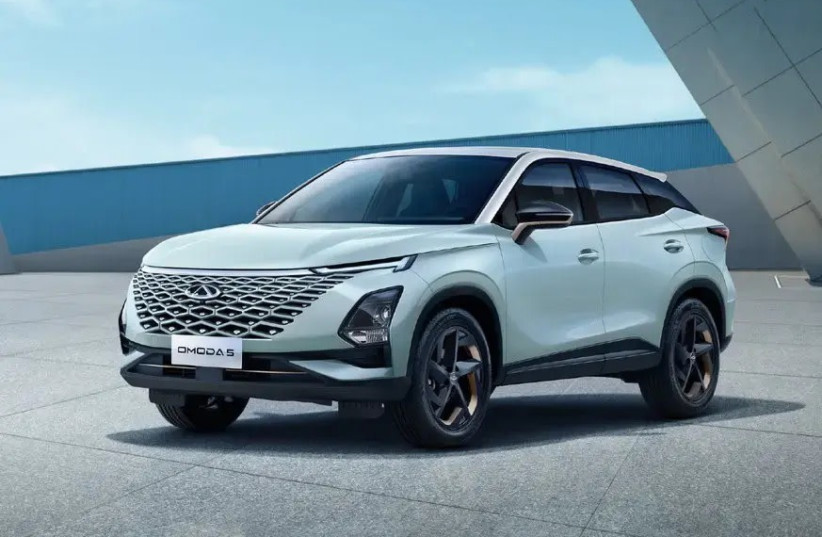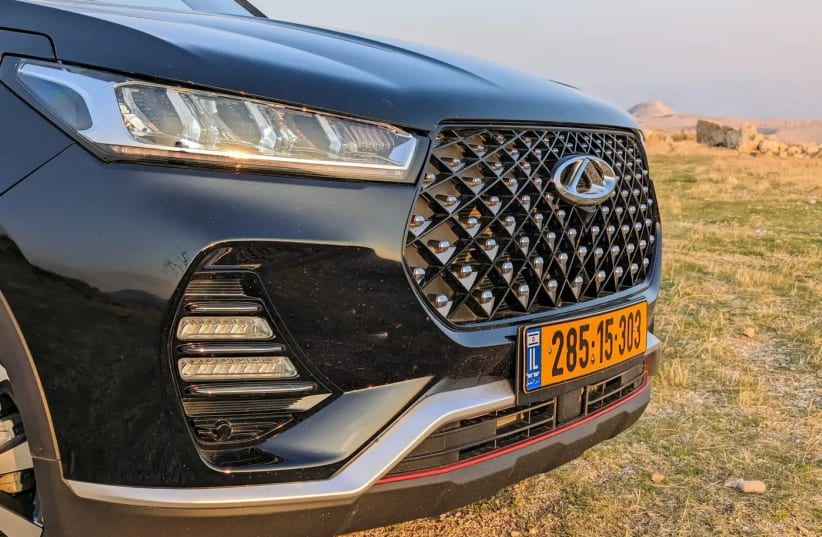Chinese car manufacturer Chery has signed an agreement to produce its models in a factory in Spain in collaboration with a small local manufacturer named EV MOTORS, which produces electric motorcycles instead. The factory, which was previously owned by Nissan, closed in 2021 and will now return to car production. In 2027, it is planned to build 50,000 cars and by 2029 to increase to 150,000. The factory will build the young luxury models of the Chinese company's brands, Omoda and JACOO. The first will be the electric crossover Omoda 5.
This move comes against a backdrop of a turbulent period in Europe in relation to Western-Sino relations in general, and as it relates to the automotive industry in particular. The automotive industry is one of Europe's key economic anchors, which is concerned about the price wars imposed by Chinese manufacturers, including investigations by the European Union regarding subsidies defined as "unfair" that the Chinese government grants to manufacturers. At the same time, automotive manufacturers are forced to rapidly adjust their propulsion systems to electric to avoid fines for air pollution emissions.
However, these considerations are less troubling for the government of Spain, which is seeking ways to increase employment in the country: the new-old factory will employ 1,250 people.

Spain is the second largest car manufacturer in Europe (after Germany) and has been in the process of strengthening and consolidating its automotive industry for several years, such as the Volkswagen Group and Stellantis, as well as attracting new manufacturers like Renault, not only for car production but also for batteries. This is Chery's second attempt to establish production in Europe after similar talks with the Italian government did not materialize. It will be the second significant Chinese manufacturer to do so after BYD, which established a factory in Hungary.
As a Chinese manufacturer, Chery, whose brands are imported to Israel by Freesbe (formerly Carasso) and soon by Colmobil under the names JACOO and Omoda, does not benefit from the trade agreements Israel has with Europe and are exempt from reduced taxes, as well as the opportunity to transport cars through shorter and less threatening shipping routes than those of the Red Sea. The combination of a 7% tax exemption together with shipping costs may add up to a rate of up to 10% of the price. However, we would not rush to place bets on the issue. Past experience shows that such reductions, if at all, have only a short-term effect. For example, the trade agreement between Israel and South Korea, which entered into force in February 2023, did not significantly change the situation as both importers and manufacturers quickly "adjusted" their car prices.
